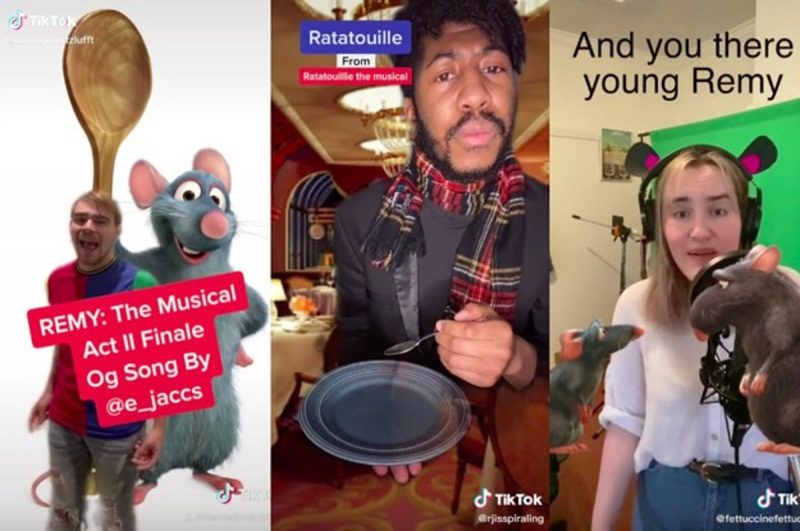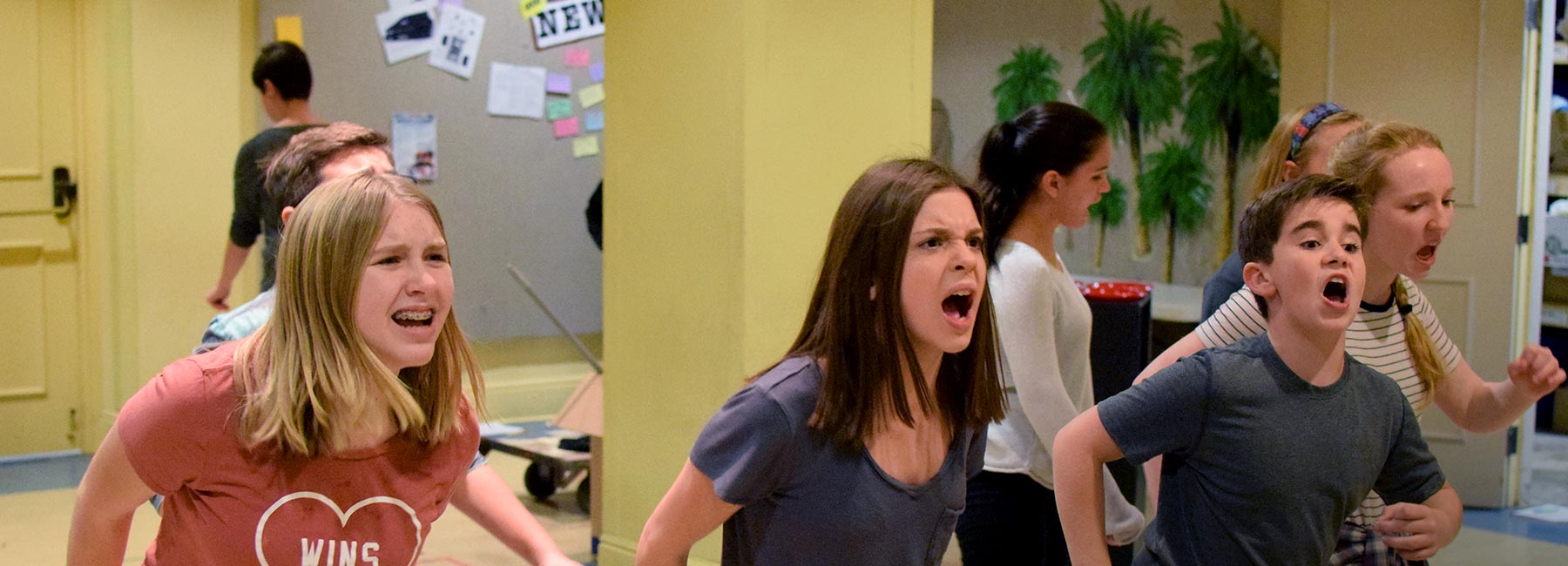As I work through feelings of grief, anger, disbelief, and fear, I have been comforted by the response of my Synagogue here in New York, which included a moving community gathering honoring the 11 lives lost in Pittsburgh. One idea that really resonated with me, and made me think of our field’s work in TYA, was offered by Lieutenant Governor of New York Kathy Hochul. She shared:
“How do we deal with this? What gives me hope is the knowledge that no child is born antisemitic. No child is born homophobic. No child is born a racist. No child is born misogynistic. And so we think about how we…can capture the hearts and minds of the next generation before they learn hate. We need to be out there trying to create empathy.”
That is exactly what we do every day, and where we can focus. Theatre for Young Audiences is an engine for the creation of empathy. It is one of the most powerful tools we have as a society to ensure that young people build a world rooted in understanding, unity, compassion, communication, and love. And we are the ones with the keys to that engine. We need to use that power to intentionally curate, produce, lesson plan, and teach to directly combat hate.
TYA is one of the most powerful tools we have as a society to ensure that young people build a world rooted in understanding, unity, compassion, communication, and love.
I am inspired by the work of so many of our theatres across the country to utilize TYA as an antidote to division and rising hatred:
- Children’s Theatre of Charlotte launched The Kindness Project, a series of three world premieres over two seasons catalyzed in response to the divisive national climate that offer young audiences a hopeful and kind vision of the world.
- Children’s Theatre Company Minneapolis is currently running a world premiere play I Come From Arizona, about the experiences of the 14-year-old daughter of undocumented immigrants.
- The Kennedy Center just opened Long Way Down, adapted from the book by Jason Reynolds, that explores an African-American young person’s experience in the aftermath of gun violence.
- Bay Area Children’s Theatre will open the world premiere musical adaptation of She Persisted: 13 American Women Who Changed the World.
- Seattle Children’s Theatre is closing its season with The Diary of Anne Frank.
- Cry Havoc Theater Company recently staged Babel: A Documentary Play About Gun Violence in America based on interviews with people on both sides of the debate and fueled by the question, “What would happen if we sat down and listened to each other?
These are only a few of many examples of how TYA theatres across the country are using the stage as a way to spark meaningful conversation and generate empathy.
We have the power to change minds, cultivate understanding, and inspire the next generation to create a more just and empathetic world than we are currently offering them.
We need to tell the stories of marginalized peoples, build bridges between communities through the spark of storytelling, actively reach out to the schools that may have little to no arts programming, and provide family engagement that offers people a chance to connect with those different from them. We are in the business of gathering people in communal experience — something that is increasingly under attack in our society and around the world. Rather than allow fear to turn us away in isolation, we need to create even more opportunities to gather in community in joy, connection, wonder, and conversation. We have the power to change minds, cultivate understanding, and inspire the next generation to create a more just and empathetic world than we are currently offering them. Let’s redirect anger and fear to art-making and the exponential proliferation of radical empathy. As a field, we are needed now more than ever.
A version of this article appeared in the October 31 issue of TYA Connect, a TYA/USA member e-publication. Learn more about TYA/USA membership here: www.www.tyausa.org.



